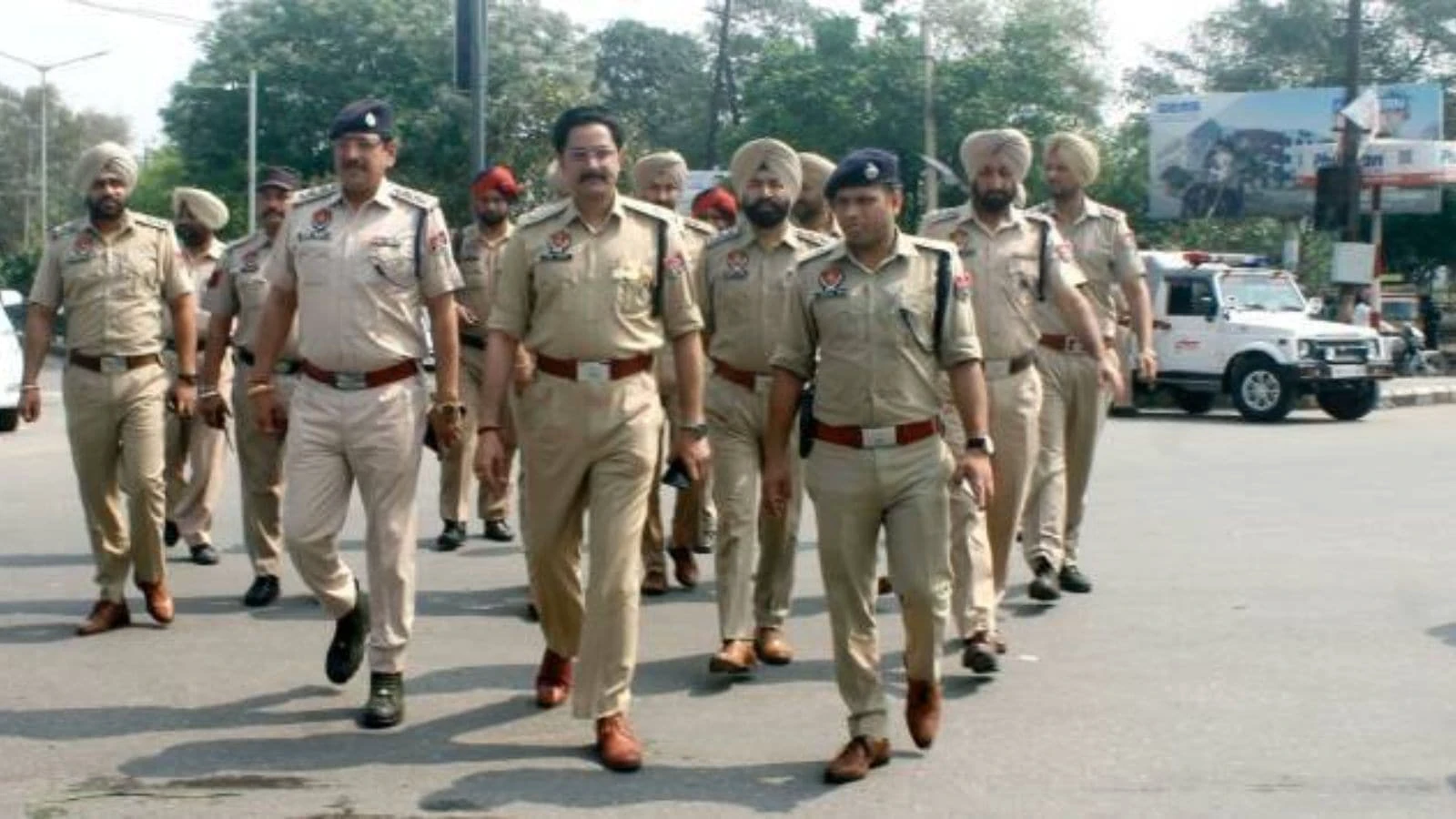Punjab Police has drafted a Standard Operating Procedure (SOP), with the cooperation of HQs Western Command of the Army to handle cases pertaining to Army personnel.
(File Photo)
The Punjab Police is formulating a Standard Operating Procedure (SOP) to handle cases pertaining to Army personnel so that there is no repeat of the ugly incident that took place in Patiala in March when a serving Colonel and his son were assaulted by Punjab Police personnel.
A senior Punjab Police official said that the SOP is being prepared with the cooperation of HQs Western Command of the Army and that it will soon be notified by the Punjab government.
“We are in an advanced stage of finalising the SOP and it is the remit of the state government to notify it. We expect this to happen within a week,” said a senior official.
Colonel PS Bath’s casehad hit the national headlines after he and his son were assaulted by a group of police officials outside a Dhaba in Patiala on the intervening night of March 13 and 14.
Both received serious injuries and the lack of adequate response by the Patiala Police and a blatant effort to shield the accused inspectors had led to widespread protests by the wife of Colonel Bath as well as ex-servicemen community in Punjab.
With the Punjab Police dragging its feet on the issue and having no faith in the SIT formed to investigate the issue because the then Patiala SSP Nanak Singh was still in-charge and was not posted out, Colonel Bath finally moved Punjab and Haryana High Court which moved the investigation to Chandigarh.
Sources say the SOP being worked out by the Punjab Police in consultation with Army will lay down certain ground rules which have to be kept in mind whenever there is a complaint against an Army person or where the complainant is an Army person.
Senior officers say this is an attempt to streamline the existing checks and balances so that there is no occasion in the future where a repeat of the Patiala incident takes place.
The Chandigarh Police has also come out with a SOP of its own for handling Army personnel by police officers.
As per this detailed policy, it has been established to ensure that all interactions with Army Personnel are conducted in a lawful, professional, respectful, impartial, and transparent manner, whether the Army Personnel are complainants, accused, witnesses, or mediators or involved in any other capacity during the police proceedings by the police officers.
The guidelines emphasise maintaining a respectful and courteous demeanor when dealing with defense personnel, ensuring prompt attention to their grievances, and providing necessary legal and logistical support.
The SOP also addresses the procedures for handling army personnel involved in police proceedings, including notifications, investigations, arrests, and subsequent legal actions.
Under the SOP, serving defence personnel cannot be arrested without permission from the central government unless they are involved in serious crimes such as rape, murder, or kidnapping, which are unrelated to their official duties.
For all other offenses, the police must obtain prior permission. In the case of an arrest for a crime unrelated to their duty, the police must inform the nearest military station headquarters and provide details of the offense, arrest date, and place of detention.
The Chandigarh Police SOP states that serving defence personnel cannot be arrested without permission from the Centre unless they are involved in serious crimes such as rape, murder, or kidnapping, which are unrelated to their official duties.
In the case of an arrest for a crime unrelated to their duty, the police must inform the nearest military station headquarters and provide details of the offense, arrest date, and place of detention.
“When Army personnel are accused, then at the very outset the provisions of Section-42 of BNSS should be kept in mind, which provides protection of members of the Armed Forces from Arrest, the same should be followed in its true letter and spirit,” the SOP says.
Notwithstanding, in other cases, due compliance should be made to the provisions of BNSS such as Section 35, 43, 47 & 48 etc. “If the Army Personnel is on active duty, their military responsibilities must not be interfered with unless required by law. All actions taken, including arrests or legal proceedings, may also be reported in writing to the appropriate Army authorities other than the relatives and friends, if deemed necessary,” the SOP says.
It emphasises that throughout the process, the individual must be treated with respect, personal dignity and use of reasonable force may only be undertaken, if becomes absolutely necessary.
Further in case of female Army personnel the provisions of Section 43(5) BNSS should be strictly followed.
To ensure effective communication and coordination, a DSP-rank officer will be the primary contact for all Army-related matters.
A dedicated desk or branch, managed by the said DSP, would be established to handle such issues efficiently.
“In cases that are serious or sensitive, senior Army officers may be informed immediately to maintain transparency and trust. The police must maintain an updated list of liaison officers from nearby Army units to facilitate quick and effective coordination whenever required,” the SOP states.
